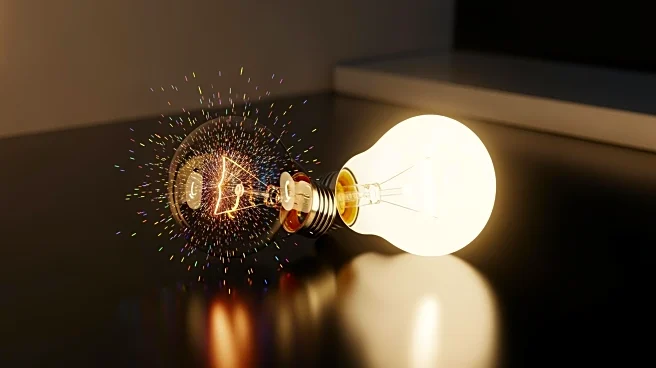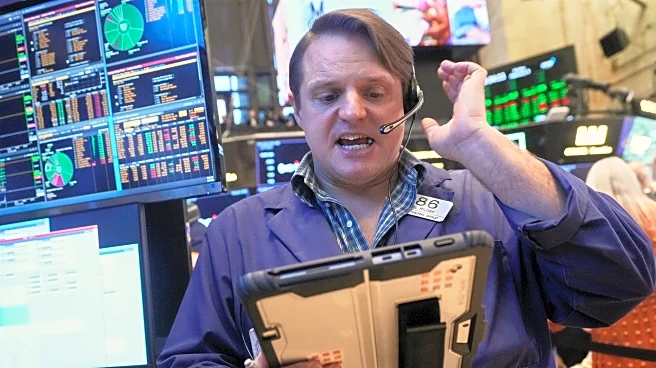Rapid Read • 8 min read
Jacob Deysel, CEO of Critica, shared insights at the Diggers & Dealers Mining Forum regarding the company's strategic plans for its rare earth deposits. Critica boasts the largest and highest-grade clay rare earth deposit in Australia, totaling 1.8 billion tonnes. The company is focusing on high-value magnet rare earths, which are crucial for defense, medical, and clean energy markets. Critica's strategic timing and environmental, social, and governance (ESG) advantages are highlighted by the low levels of uranium and thorium in their deposits, making them attractive for global supply chains.
AD
The development of Critica's rare earth deposits is significant for several industries, including defense, healthcare, and renewable energy. Rare earth elements are essential for manufacturing advanced technologies such as magnets used in wind turbines and electric vehicles. Critica's focus on ESG factors and low radioactive content positions it favorably in the global market, potentially reducing reliance on other countries with higher environmental impacts. This could lead to increased investment and partnerships, benefiting the Australian economy and contributing to global sustainability efforts.
Critica plans to continue its strategic development of rare earth resources, with potential expansions and partnerships in the pipeline. The company aims to leverage its ESG advantages to attract international stakeholders and investors. As demand for rare earths grows, Critica's operations could play a pivotal role in shaping supply chains, particularly in sectors focused on clean energy and advanced technology. The company's future activities will likely be closely monitored by industry analysts and environmental groups.
Critica's approach to rare earth mining highlights broader ethical and environmental considerations in resource extraction. The company's commitment to low uranium and thorium levels addresses concerns about radioactive waste, setting a precedent for responsible mining practices. This focus on sustainability could influence industry standards and encourage other companies to adopt similar practices, potentially leading to a shift in how rare earths are sourced globally.
AD
More Stories You Might Enjoy













